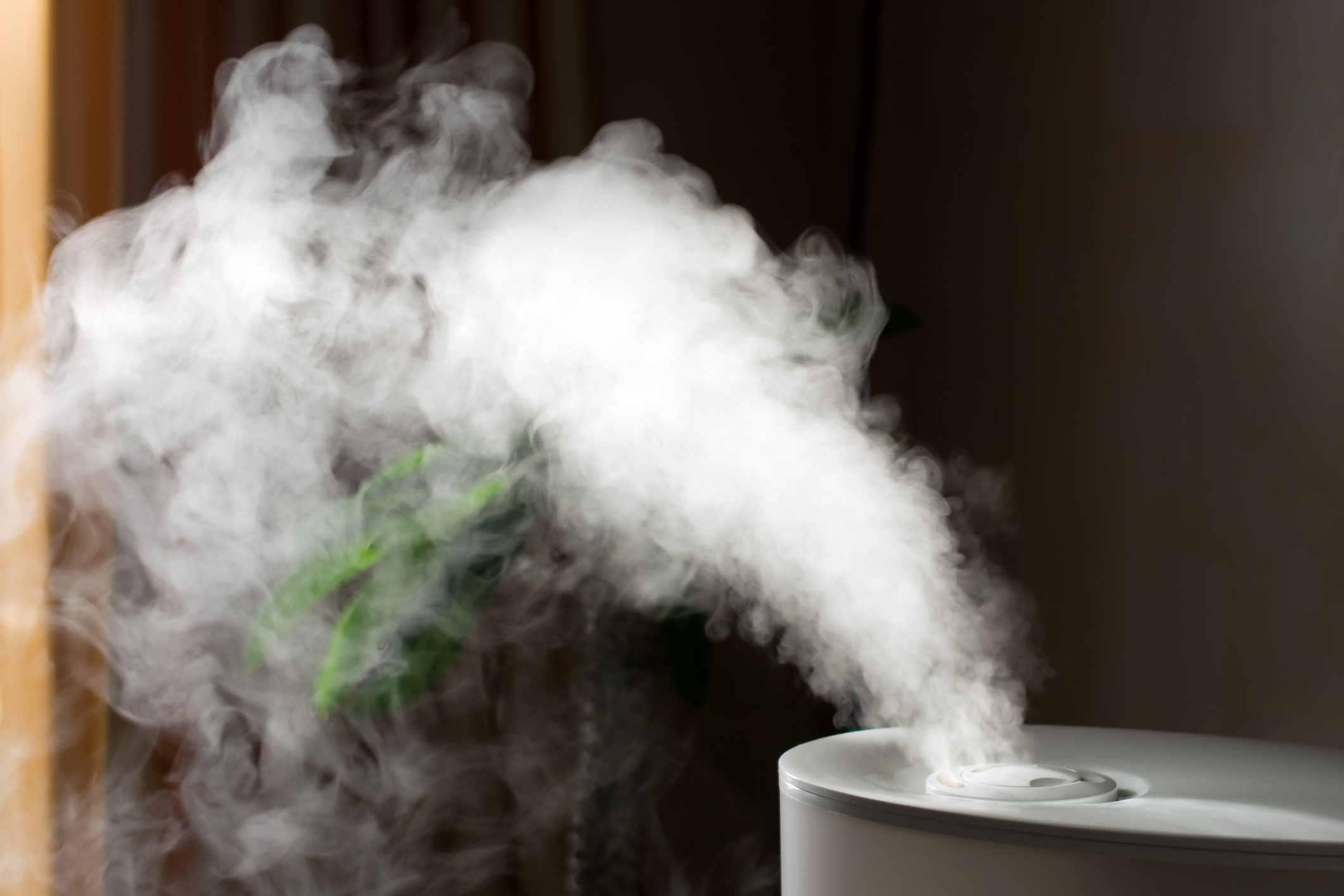
Are Humidifiers Good for Pets?
Dry air is a difficult thing to contend with. Whether due to your home’s climate or the changing of the seasons, reduced humidity can cause a range of challenges, including dry skin, sleep trouble and breathing problems. To help alleviate these issues for both humans and pets, you might consider using a humidifier.
A humidifier is a device that infuses moisture into the air by turning a tank of water into cool or warm mist. By sending mist into the room it’s placed in, the humidifier raises the humidity level of your home to counteract dry air.
Humidifiers are quite safe to use around pets and can actually be useful in mitigating a few common problems pets have in dry air. Here’s what you should know.
Humidifier benefits for pets
Using a humidifier to counteract dry air in your home can have a few key benefits for both you and your furry friend. If you notice your cat or dog suffering from a few symptoms during certain times of the year, like fall and winter, a humidifier might help relieve them.
- Improve dry skin: One common problem caused by dry indoor air is dry, itchy and flaky skin. When there isn’t enough moisture in the air, your pet’s coat and skin can become exceedingly dry, too, making their fur look dull, brittle and coated in dandruff. A humidifier will re-introduce moisture in your home, reducing the effects dry air can have on your pet’s skin.
- Reduce illness transmission: Did you know bacteria and viruses travel more easily when the air is dry? This can result in more frequent illnesses for your pets, such as kitty colds. If your pet is sneezing, suffering from watery eyes or experiencing a runny nose, using a humidifier might help clear up their colds by loosening mucus congestion and reducing the spread of airborne illnesses.
- Relieve breathing problems: Dry air can make breathing more taxing for pets with respiratory challenges like asthma or allergies. Added moisture in the air can open up the air passages and help your pets breathe more easily. This can be beneficial throughout the day and at night, when dry air and labored breathing could disrupt your pet’s sleep.

Considerations before you purchase a humidifier
If you think a humidifier would help make your home more comfortable for your four-legged friend, keep these considerations in mind while you shop.
- A normal humidifier is fine: Typically, pet parents opt for devices and items that are labeled “for pets” to ensure their safety around their four-legged friends. However, when it comes to humidifiers, a device designed for humans will work just fine. A pet-specific humidifier isn’t really necessary and might actually be more difficult to find. The device will work the same way whether it’s targeted for humans or pets.
- Warm or cool mist: The biggest thing to consider when choosing one humidifier over another is how it operates. More specifically, think about what type of mist the device makes. Some humidifiers generate warm mist by heating the water, which can be beneficial in some cases. However, these types of devices pose greater safety risks to your pets because the water could burn them if they accidentally knock the device over. Cool mist humidifiers, which do not heat the water at all, are generally the safer choice.
- Avoid scent additives: Some humidifiers allow you to add scented packets or water additives to give the mist a scent or medicinal qualities. Unfortunately, adding these scents could become overpowering to your cat’s or dog’s more sensitive nose. Some scents may even be dangerous for them to inhale! It’s best to skip the scented additives and just use plain, filtered water.
- Placement in the home: Because humidifiers come in many shapes and sizes, you should also consider where you’ll place the device in your home. You want the humidifier to be in a location where it can take advantage of air flow, but you don’t want it to be in a place where it could easily be knocked over by your pets. The safest place for a humidifier is usually on a stable table where your pets can’t reach it.
Of course, a humidifier can only do so much for your furry friend and their health. If your pet’s illness symptoms persist, book an appointment with your vet to determine whether they need medications or another form of treatment to address the causes of their dry skin, respiratory illness and breathing problems.


